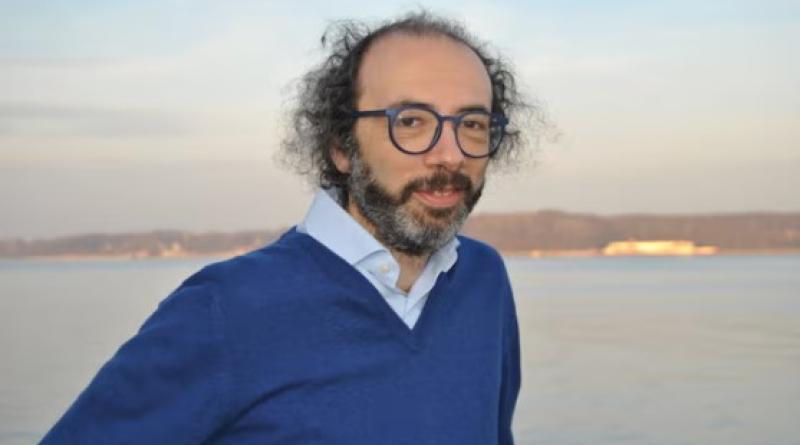Climate expert ‘sacked’ after refusing flight to Germany over carbon emissions

Gianluca Grimalda says he was fired when he refused to return at short notice by plane from a research trip near Papua New Guinea
A climate researcher who refused to comply with his employer’s demand to fly at short notice back to Germany from Bougainville, off the coast of Papua New Guinea, says he has been fired from his job.
Gianluca Grimalda is still waiting in Bougainville for a cargo ship, set to depart on Saturday, to begin his return journey to Europe, after six months investigating the impacts of climate breakdown and globalisation on the island’s inhabitants.
Grimalda, who has avoided flying for more than a decade, said he had promised the people he met during his field work – some of whom had been displaced by rising waters – he would minimise his carbon emissions on his return journey.
But he faced a dilemma two weeks ago when his bosses at the Kiel Institute for Worldwide Economy (IfW) gave him a deadline to return to his desk that meant he had to travel by air, or face losing his job. He refused and on Wednesday, he said they informed him his contract had been terminated.
“IfW seems to ignore that we have entered the Anthropocene era and that the most important Earth ecosystems are close to collapse, if not already collapsed,” Grimalda said.
“In this era, wasting 4.5 tonnes of CO2 (the difference between the flight emissions and the slow-travel emissions) to comply with the absurd request to be physically present in Kiel at such short notice is morally unacceptable and epitomises the ultimate privilege of the global elites.
“It is the sign that IfW is still living in an era that will be wiped out by the incoming climate collapses.”
Writing in the Guardian’s opinion section on Thursday, Grimalda said the carbon that would be emitted by his one-way flight to Europe from Solomon Islands archipelago is more than the average person living there uses in an entire year.
Grimalda said he intended to appeal against the IfW’s decision to sack him, and said he had asked for the help of his trade union. But, he added: “In this case, the initial impression is that IfW actions are justified legally.”
A spokesperson for IfW said that it stood by its policy of not discussing or commenting on staff issues in public. “In general, the institute encourages and supports its staff to travel climate-friendly,” the spokesperson said. “We are committed to do without air travel in Germany and in other EU countries as far as we can. When flights are unavoidable, we pay to Atmosfair to offset flight emissions through climate protection projects.
“What is public and obvious: Dr Grimalda planned his trip to Papua and his research stay with our support. We supported a second ‘slow travel’ trip of his before. So we have no general reservations about slow travelling.”




